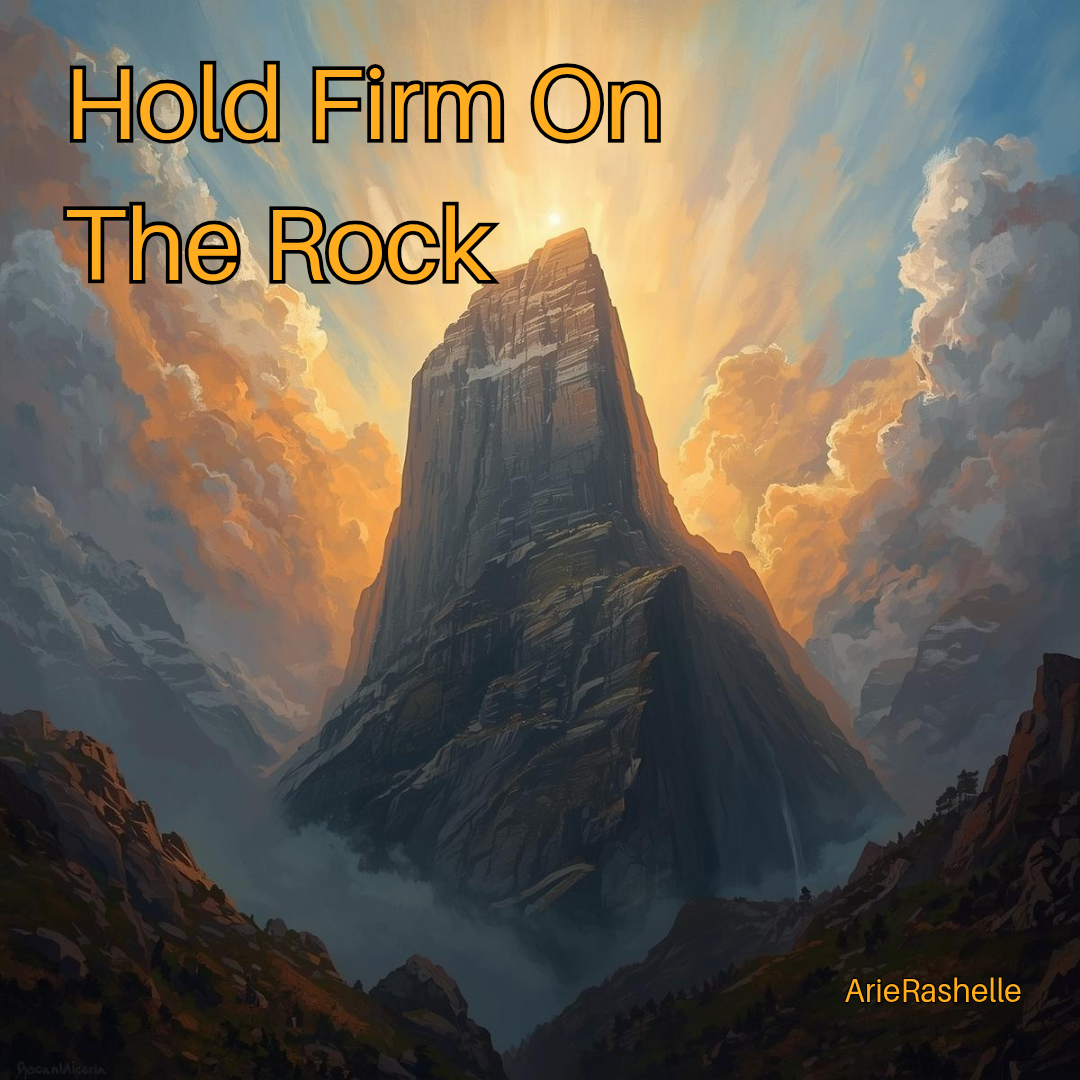[26] In the sixth month of Elizabeth’s pregnancy, God sent the angel Gabriel to Nazareth, a town in Galilee, [27] to a virgin pledged to be married to a man named Joseph, a descendant of David. The virgin’s name was Mary. [28] The angel went to her and said, “Greetings, you who are highly favored! The Lord is with you.” [29] Mary was greatly troubled at his words and wondered what kind of greeting this might be. [30] But the angel said to her, “Do not be afraid, Mary; you have found favor with God. [31] You will conceive and give birth to a son, and you are to call him Jesus. [32] He will be great and will be called the Son of the Most High. The Lord God will give him the throne of his father David, [33] and he will reign over Jacob’s descendants forever; his kingdom will never end.” [34] “How will this be,” Mary asked the angel, “since I am a virgin?” [35] The angel answered, “The Holy Spirit will come on you, and the power of the Most High will overshadow you. So the holy one to be born will be called the Son of God. [36] Even Elizabeth your relative is going to have a child in her old age, and she who was said to be unable to conceive is in her sixth month. [37] For no word from God will ever fail.” [38] “I am the Lord’s servant,” Mary answered. “May your word to me be fulfilled.” Then the angel left her (Luke 1:26-38).
This passage could be considered Christmas Eve in God’s plan—not the night before Jesus was born in Bethlehem, but the moment when the gift of Christ was first offered to the world, nine months before His birth.
There are a few important things to notice.
First, Mary was greatly troubled, but she was not terrified like the shepherds later would be. The word translated as “troubled” means perplexed—deeply thoughtful, puzzled. Mary’s first instinct was not panic but wonder. She tried to understand what God was doing, as shown by her questioning what kind of greeting this might be.
Mary responded with faith seeking understanding.
The shepherds, on the other hand, were sore afraid—terrified. In Scripture, angels often signal judgment or dramatic divine intervention. From their perspective, they may have believed death was imminent. Where Mary wondered, the shepherds feared judgment.
Second, Mary asked questions so she could fully understand what God was asking of her. Her question—“How will this be?”—was not unbelief, but a sincere desire to obey rightly. The shepherds, by contrast, did not speak at all until the angels had departed.
Third, the angel did not leave Mary without getting an answer. She had to choose. She could receive the gift—say yes—or she could refuse—say no. Only after Mary clearly accepted God’s will did the angel depart.
Mary understood who she was before God and said:
“I am the Lord’s servant. May your word to me be fulfilled.”
Only then did the angel leave.
Mary’s story reminds us that God’s greatest gifts often arrive wrapped in mystery and require a response. Like Mary, we may feel perplexed rather than terrified, uncertain rather than afraid—but God still invites us to trust Him. The question is not whether God has a plan, but whether we are willing to receive it. Faith does not demand complete understanding; it requires surrender. When we, like Mary, recognize who we are before God and say, “I am the LORD’s servant; may Your word be fulfilled in me,” we accept the gift God is offering and allow His purposes to unfold in our lives.
Father, help me understand who I am and what You want me to do. I know You have a plan for everyone, including me. Help me to find, understand, and receive the plans You have for my life, and to say with faith, “Let Your will be fulfilled in me.” Thank You, Father, in Jesus’ Name, Amen.










